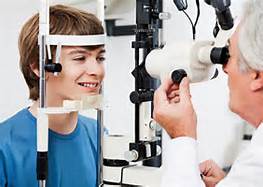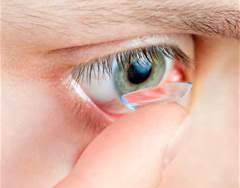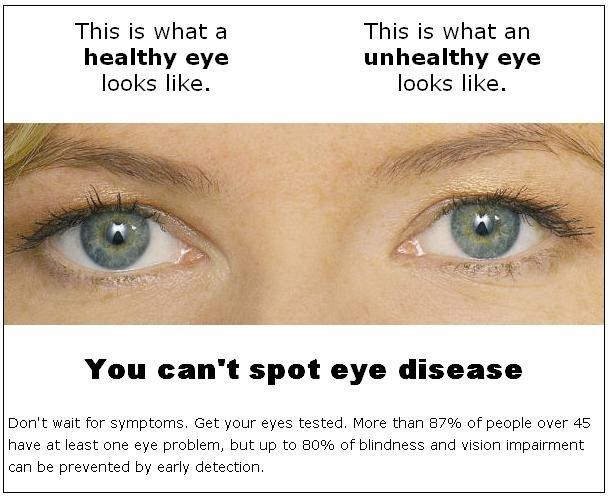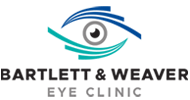Our services

Our comprehensive examinations have two objectives: 1) To maximize the clarity and comfort of your vision by detecting and treating vision disorders, and 2) To detect any underlying eye health disorders, including those that are caused by systemic health problems.
Several advanced technologies, including digital retinal photography, computerized visual fields and Optical Coherence Tomography (OCT) scan, are used to help diagnose and manage glaucoma, macular degeneration and diabetic retinopathy. Pupils will be dilated for most adult examinations to obtain a better view of the internal ocular health.

We prescribe a wide range of contact lens types, striving to utilize the latest technological advances.
Recent developments in contact lenses for astigmatism and bifocal correction have allowed many patients to successfully wear contact lenses.
Patients who have distorted corneas due to keratoconus, injury, or irregular astigmatism are candidates for a new specialty lens from Synergeyes. This lens has a rigid central zone and a soft surrounding skirt to give excellent vision and comfort in most cases.
Our office provides emergency services for eye infections and eye injuries. Please call our office at 605-224-0404 during office hours or our emergency number; (406) 868-5833 (for Dr. Weaver) or 605-945-1637 (for Dr. Bartlett) after hours or on weekends. Our staff will work with you to schedule an appointment as soon as possible. State of the art microscopes allow us to examine the front surface of the eye and facial areas around the eye for infection or injury. After assessing the extent of the injury or infection a treatment plan will be formulated and explained to you. Treatment may include medications and supportive care. Follow-up visits to monitor your recovery will be scheduled as needed.
Symptoms include scratchy eyes, burning, mild redness and gritty feeling eyes. Oral medications, reading, computer tasks and dry environments may aggravate marginally dry eyes. Dry eyes can be diagnosed by using dyes to observe tear patterns, evaluation of the amount of tears on the front of the eye and from review of your symptoms. Treatment may include artificial tears; eye drops for treating allergies; and/or punctal plugs inserted in the tear drainage canals.
Our optical laboratory has the latest in equipment to not only fabricate your glasses, but to maintain and repair them should they become broken or damaged. We are able to tint, coat and edge spectacle lenses. We are able to provide you with any frame or lens design available. Our highly qualified optician and staff are able to adjust and fit your glasses to you for extended comfort and vision.
Our clinic has an in-house optical laboratory featuring state-of-the-art equipment for accurate results. We utilize only top quality lenses and lens treatments.
Brad Moore, our board-certified optician, has 37 years experience in the optical industry, and provides consistently excellent lab work for our patients.
Our doctors work closely with area eye surgeons, providing pre-op and post-op surgical care.
This includes follow-up care for procedures such as LASIK refractive surgery, cataract surgery, and retinal surgery.
The natural lens in the eye gradually becomes less clear as we get older. When opacities develop in the lens and the lens gets too hazy, vision will be impaired. Our office can diagnose and manage cataract care. When the cataract affects the vision to the extent that you cannot read or see distant objects comfortably, we will recommend cataract surgery. Our office co-manages with cataract specialists that are proven experts in cataract surgery. Cataract surgery can provide you with a bright new world of vision.
Diabetic patients should have a dilated retinal examination each year. Laser treatments have proven to slow the progression of retinal eye disease for many patients. Diabetes often stimulates the growth of new blood vessels in the back of the eye, which ultimately leak and damage the retina. If this condition is discovered early, laser treatment can destroy these vessels. We have the latest instruments used to detect changes in the back of the eye. If we discover advancing diabetic eye disease that can be treated or needs further evaluation, we will refer you for consultation and further testing to a board certified retinal specialist.
Glaucoma gradually destroys the optic nerve tissue in the back of the eye. The greatest danger of glaucoma stems from the fact that the disease is painless and without obvious symptoms until significant damage has occurred. The most common cause is from pressure being too high inside the eye, but vascular disease and other diseases can also cause glaucoma. We always monitor for glaucoma during routine eye examinations. Tests include checking the pressure of the eye, screening for peripheral vision defects and analyzing the appearance of the optic nerve. If you are diagnosed with glaucoma, we typically prescribe medications that lower the eye pressure. Most forms of glaucoma are successfully treated with eye drops. Laser treatments and eye surgery are secondary treatments that offer alternative ways to treat more advanced glaucoma.


